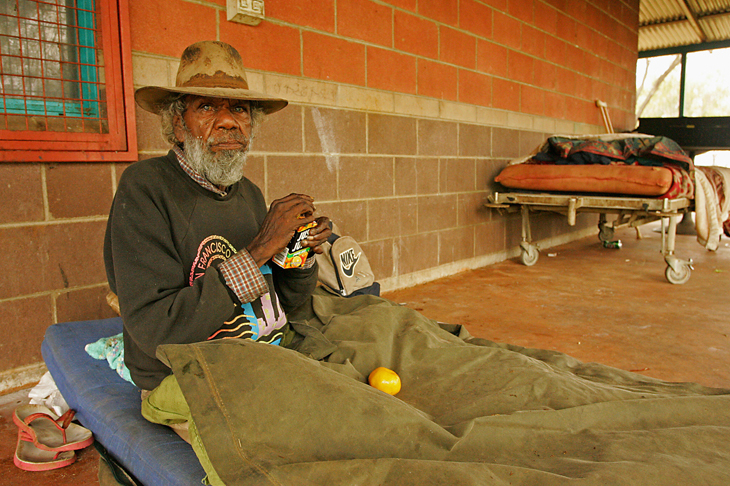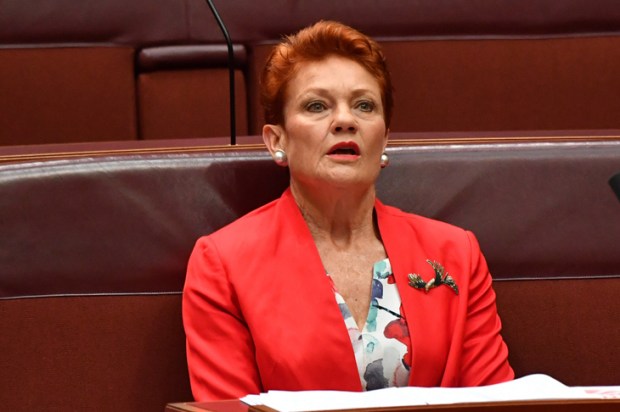Income Management and the Cashless Debit Card (CDC) have long faced opposition from those who claim that not allowing welfare to be spent as recipients choose denies them ‘financial freedom’ and imposes unnecessary restrictions. But the issue is that this ‘financial freedom’ can fuel destructive lifestyles. And it is the responsibility of government to ensure that taxpayer money is spent on the aims of welfare — to provide the necessities of life — rather than drugs, alcohol and gambling.
Already a subscriber? Log in
Subscribe for just $2 a week
Try a month of The Spectator Australia absolutely free and without commitment. Not only that but – if you choose to continue – you’ll pay just $2 a week for your first year.
- Unlimited access to spectator.com.au and app
- The weekly edition on the Spectator Australia app
- Spectator podcasts and newsletters
- Full access to spectator.co.uk
Unlock this article
Jacinta Nampijinpa Price is Director of the Indigenous Research Program at the Centre for Independent Studies, which will shortly be publishing a research paper on the Cashless Debit Card program.
You might disagree with half of it, but you’ll enjoy reading all of it. Try your first month for free, then just $2 a week for the remainder of your first year.














Comments
Don't miss out
Join the conversation with other Spectator Australia readers. Subscribe to leave a comment.
SUBSCRIBEAlready a subscriber? Log in